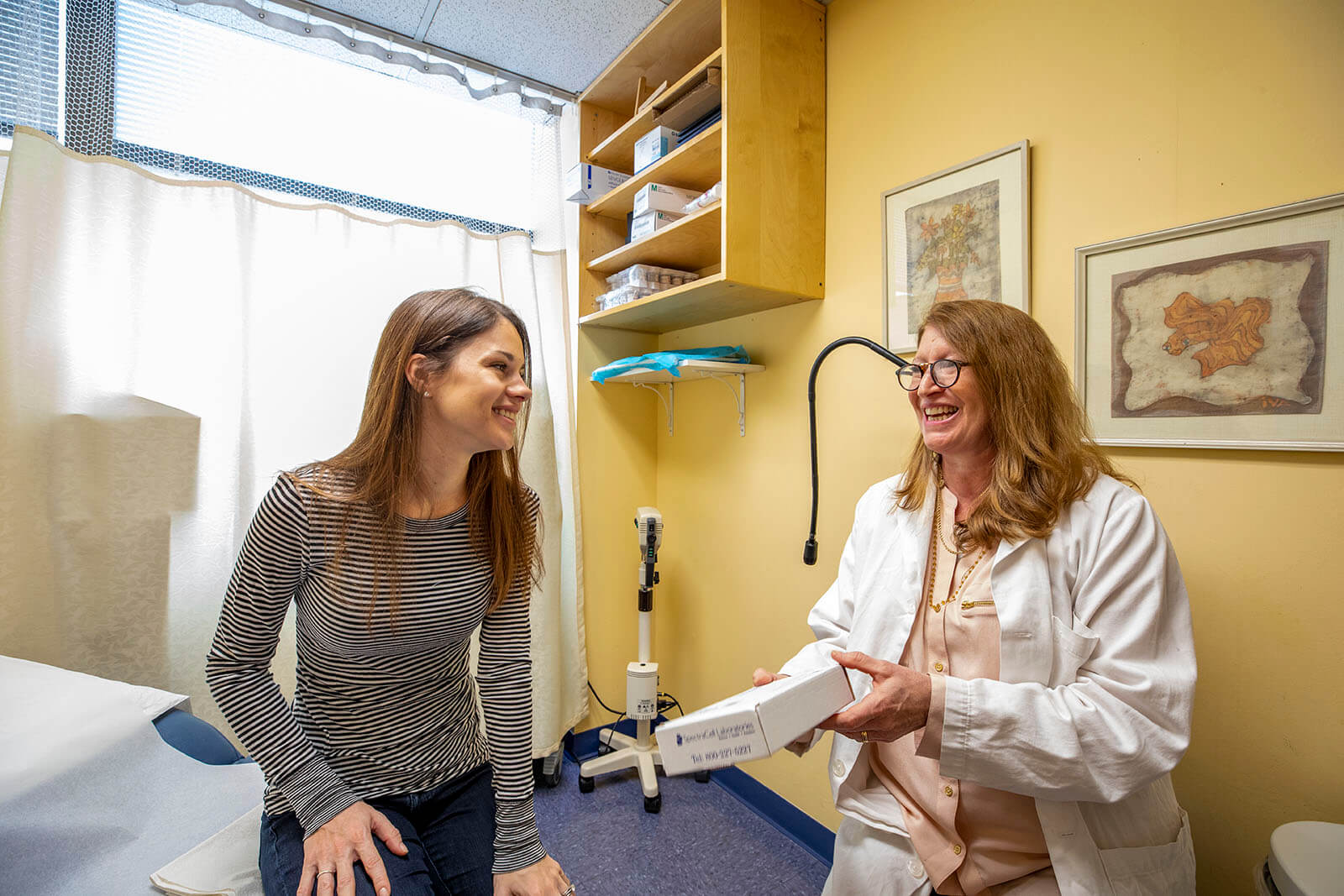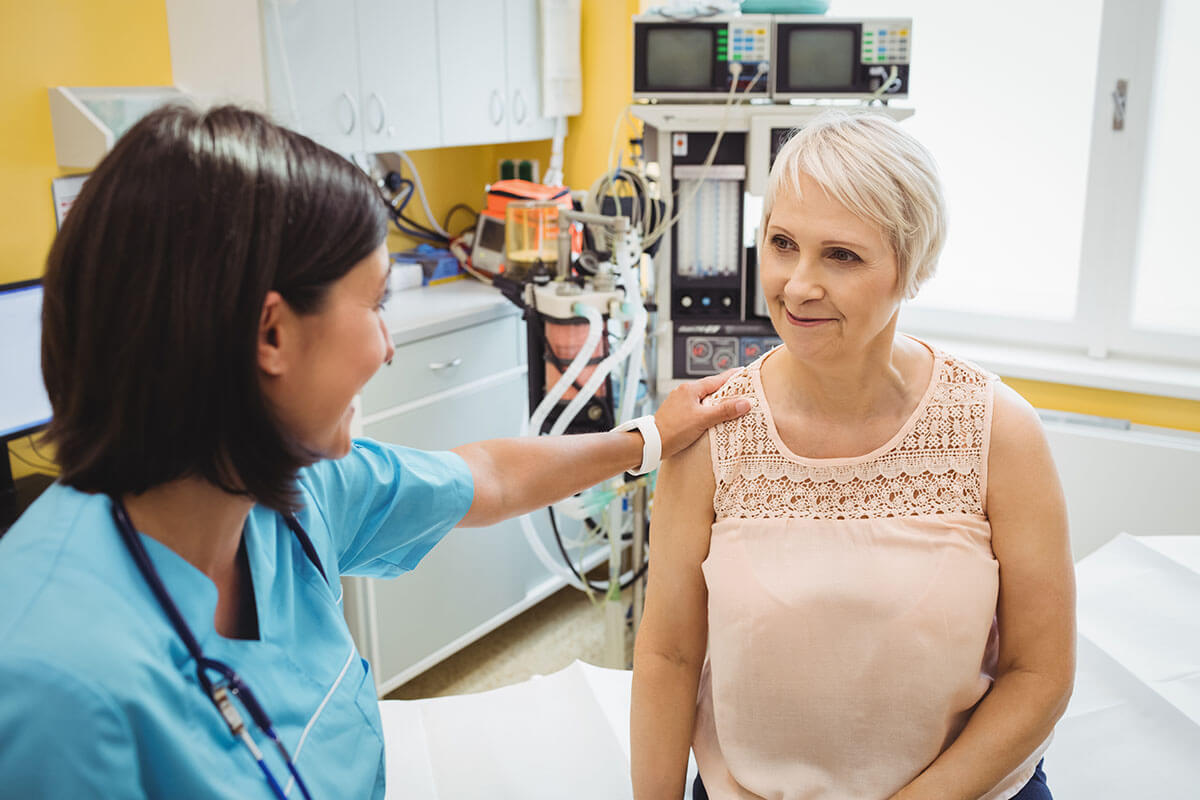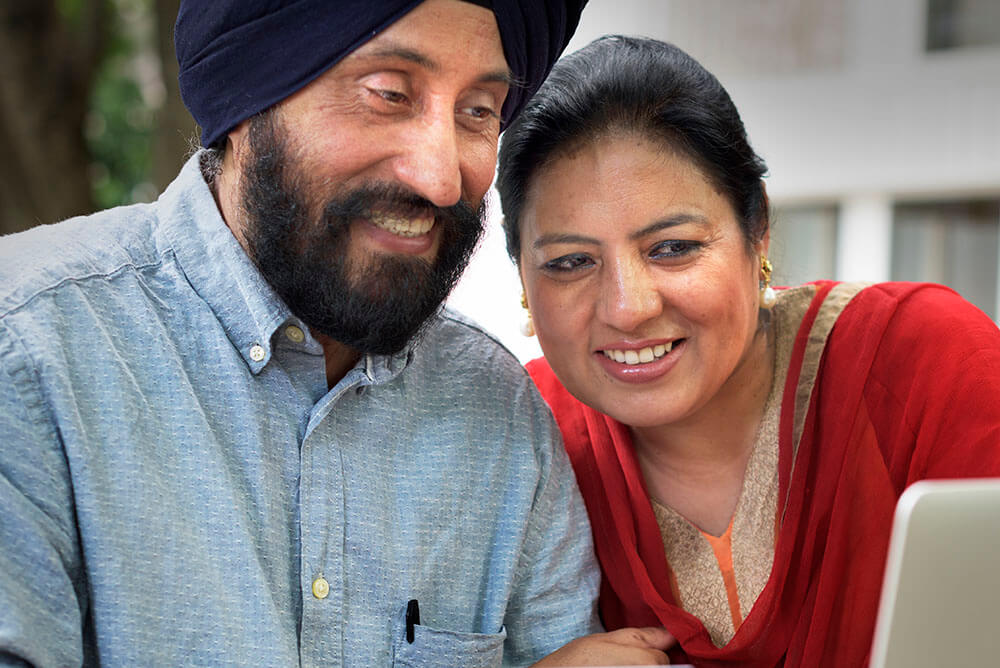
Real listening is the art of hearing between the spoken words.
At The Balanced Woman in Ardmore, PA we feel that actual listening involves using one’s eyes, knowledge and intuition as well as one’s ears. When a patient describes their discomfort and malaise, the staff at The Balanced Woman assesses the overall appearance of the patient, as well as hears their description of symptoms. By getting the whole picture of the patient’s condition, our physicians can intuitively evaluate the problem and apply their years of experience and knowledge to offer a treatment.

This type of listening is particularly required in instances of gynecological and hormonal issues. There could be a variety of symptoms present, such as weight gain, weight loss, fatigue, anxiety and low libido.
Physicians are trained to get results. In emergency situations a physician is trained to move quickly and decisively to help and, in many cases, save a patient. Staying calm under pressure while making the correct split-second decisions, based upon years of training, can often be a matter of life and death. The physician needs to assess the patient’s condition and take the appropriate measures to gain control of the problem. This leaves very little time or room for any type of discussion. Physicians are trained to act. If there is a problem the doctor does their best to find a solution.
Fortunately, not all interactions with a physician are in emergency situations. Most trips to the doctor are fairly routine checkups. Regardless of how ordinary the visit may be, physicians are still trained to identify problems and deliver a result. Most of the time these are easy fixes to such standard symptoms as high blood pressure, excessive weight gain or high cholesterol. Pharmaceuticals can be prescribed to remedy the problem and maybe a quick chat between doctor and patient about diet and foods to avoid. The visit is brief; a resolution is attained and the doctor can move on to the next patient.

To be fair, the doctor doesn’t necessarily lack compassion for the patient. Many hospitals and big medical practices try to discourage lengthy visits since most insurance companies pay for procedures and result oriented visits, but not consultations. This approach leaves very little time for doctor/patient dialogue, which makes it difficult to get to the root of the problem rather than just treating the obvious symptom. Treating a patient and bringing them relief is a good thing, but it’s only a part of the equation. With an integrative or holistic approach to healthcare it’s possible to not only treat the symptom, but to also understand and eradicate the underlying cause of the symptom. This approach involves listening to the patient and really hearing them.
Many patients come to me at my medical practice in Ardmore, PA for relief of symptoms due to menopause and hormonal imbalance. One of the most common complaints that I receive from them is that their previous doctor didn’t hear them or was dismissive of their complaints, while offering stress relieving medication. My patients have reported how their other doctors would wave off their complaints as being, “that time of life” while telling them “they just have to live with it.” Fortunately, woman don’t have to suffer symptoms due to menopause and hormone imbalance and there are ways to relieve the symptoms, but there is not a one size fits all solution or pill.
Many of The Balanced Woman’s patients express great relief that they have finally found a practice and a doctor who is really hears them and addresses their complaints. While menopause and hormone related issues do not require emergency medicine, hormonal imbalance can be the cause of great stress and anxiety as well as physical discomfort. In some cases, the symptoms might be a sign of more serious issues which need to be addressed. Therefore, as important as it is to be able to offer fast relief for symptoms, it is vital to have a conversation with the patient and that the patient is properly heard.
We realize that truly hearing the patient often takes more time and at The Balanced Woman the patients not only get the required time, but often receive follow up calls from the doctor as well. We understand that having and maintaining good health is complicated and we take our patients’ gynecological and hormonal issues seriously. As stated, The Balanced Woman is committed to treating the whole patient and not just the individual symptoms that are expressed.








Recent Comments